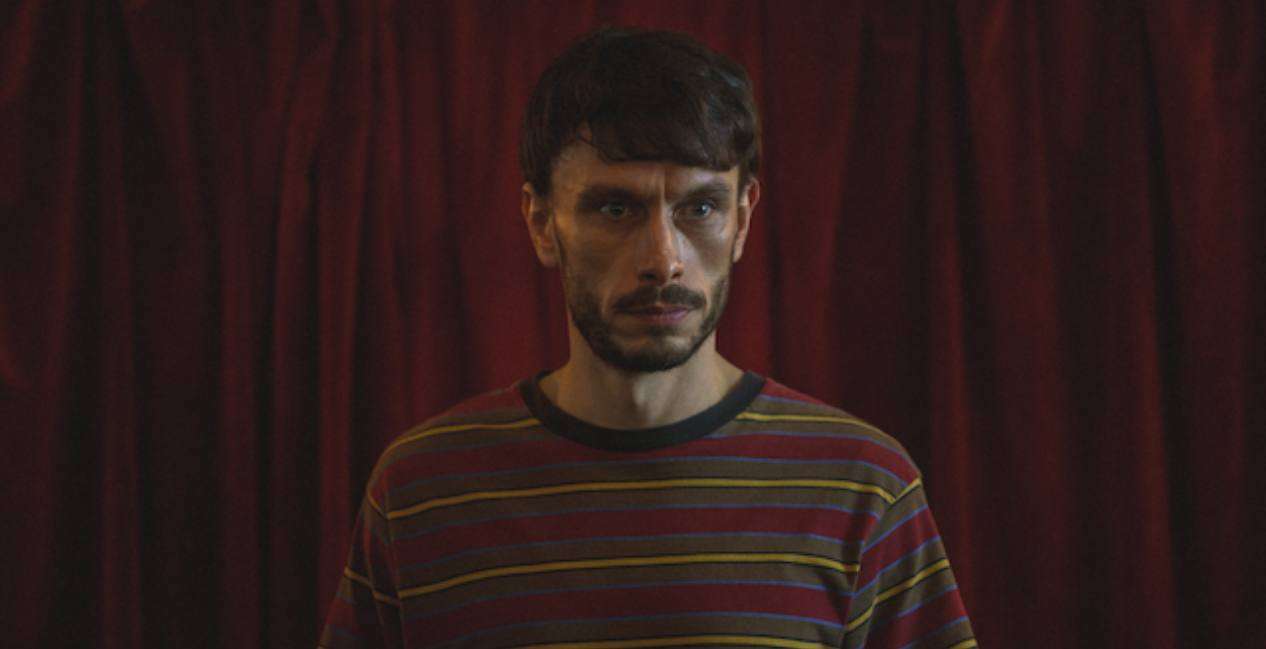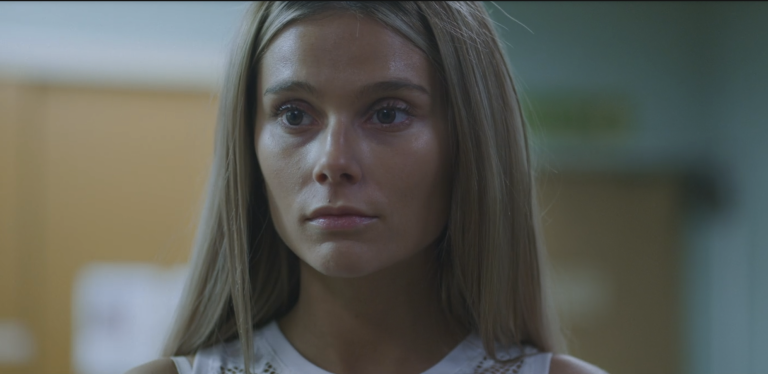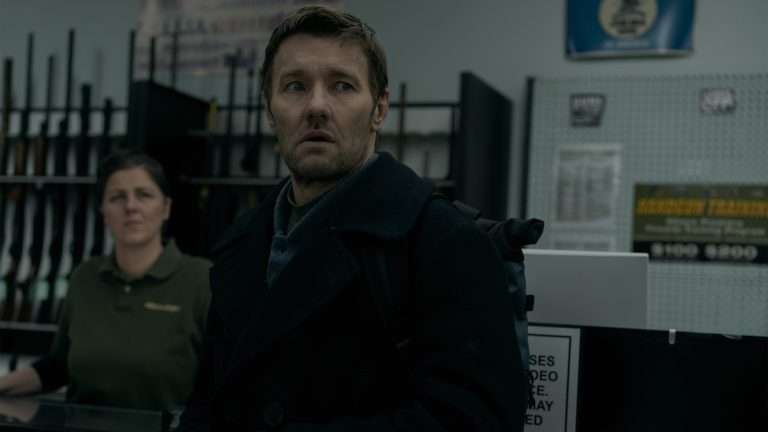When streaming services became in vogue, one of the attractive propositions was to suddenly discover a hitherto unknown story and watch it catapult to consciousness. Some of the best and most popular shows, as well as critically acclaimed shows, were sudden discoveries: Amazon Prime Video’s “Fleabag,” HBO’s “I May Destroy You”, or even Netflix’s “Squid Game.”
However, very immediately after that, streaming services attempted to reverse engineer and reproduce the success of these shows, with varied results. The original shows would be unpolished, unaffected by the algorithm’s grimy fingers, but rather an accurate and unadulterated artistic inquiry by the author. Thus, the humor, the drama, the conflicts being created, and the closure being attained would always be against the conventional narrative grain. Because these authors would draw on their personal experiences or storytelling abilities, they would be able to assess the success of the level of subversion.
“Baby Reindeer,” based on the eponymous play by creator Richard Gadd, details the story of a comedian named Donny Gunn (Gadd) as he finds himself being stalked by an apparent lawyer and fan, Martha Scott (Jessica Gunning) and how the insidious nature of these entire events threatens to tear his life apart. The fact that all these events are based on actual events that have occurred in Gadd’s life gives the show an added layer of poignancy.
From a screenplay standpoint, Gadd, as Dunn, emerges initially as a pleasant man with some ground rules previously established (living at his ex-girlfriend’s house with her mom as a key example), which would necessarily raise suspicions for the particular reason of those not being emphasized. One of the biggest eye-brow-raising issues would be Dunn not reporting the stalking by Scott for over six months. But Gadd, as Gunn, knows the cascading nature of trauma as a whole, how it can manifest and enhance self-loathing, and the urge for validation.
Perhaps that is why when the twists and revelations begin to occur, dealing with sexual assault, those hit like a punch in the gut. It’s not because they come at you with twists and turns. It’s because they appear as wrinkles in a character that would be revealed slowly and deliberately. In fact, it’s almost as if the show, and Gadd vicariously through it, is trying to present his vulnerability to the viewer. There is an added sense of gingerly tip-toeing empathy towards an abuser that could only be witnessed when the material being presented is so intensely personal.

As a result, the voice-over by Gadd enhances rather than obstructs the experience. If one takes into account what they are watching as a journaling of events that have occurred, to hear Gadd articulate—how and why changing sexual orientation and trauma leads to destructive tendencies and paranoia about creating legitimate bonds transcending the physical—and how manipulation and grooming don’t hit Donny as hard as they should because of the validation-starved individual that stems from the inherent insecurity of the creative—is shocking. It is shocking because of the honesty in acknowledgment, and thus, to allow Martha to continue stalking Donny because of his love for attention feels legitimate, bypassing the urge for narrative satisfaction.
And that’s where the juxtaposition lies—how to balance out narrative catharsis and subversion that makes sense from a character perspective. What Gadd understands and hits upon is identifying areas of the show where conventional aspects would interject. In a conventional narrative, Donny would walk away almost immediately, realizing the violence being inflicted or the stalking becoming unmanageable enough that he would have to finally bring in outside help. But he doesn’t. He sticks around longer than he should; he is wracked with guilt and shame that he is unable to report to the correct authorities. Even after the show finally winds down, we see Donny empathizing with Scott and even making choices that would ideally rankle the viewer.
“Baby Reindeer” works precisely because it is unafraid to make the viewer uncomfortable, to frankly speak about sexual abuse, grooming, trauma, self-hatred, and the propensity to self-sabotage, and also to be extremely funny in the process. Like Dunn’s stand-up bits, the comedy comes in fits and bursts to not only puncture the tension but, in some cases, to underline and even enhance said tension. It helps, too, that Gadd and Dunning, as well as Dunn and Scott, have electrifying chemistry.
They are the true odd couple, and Gunning’s performance, in conjunction with the script, allows her to present a layered performance such that the viewer can recontextualize and be lulled into a false sense of security like Gadd would be before Scott resumes her attack again in sheer force. Thus, while the barely legible emails with the “sent from my iPhone” feel comical, as the show progresses, they start to highlight the insidious nature of the whole proceedings. It’s as if the misspelling of “siphon” signifies that Scott is becoming even more agitated.
It’s only then that you realize that the show has managed to make you objectively dissect the perpetrator-victim relationship between Dunn and Scott and manage to look at it through a much more empathetic and mature lens. And even as the show ends, in a way that almost hauntingly mirrors how Dunn and Scott met for the first time, we feel a sense of dread and despair, realizing that while the human condition can climb over and attain closure, the reality is far slower; closure takes time to be constituted before being processed, and even then, lingering aftermaths never completely leave.









![The Deeper You Dig [2019] : ‘Fantasia’ Review – A true indie horror](https://79468c92.delivery.rocketcdn.me/wp-content/uploads/2019/08/The-Deeper-You-Dig-highonfilms-768x535.jpg)